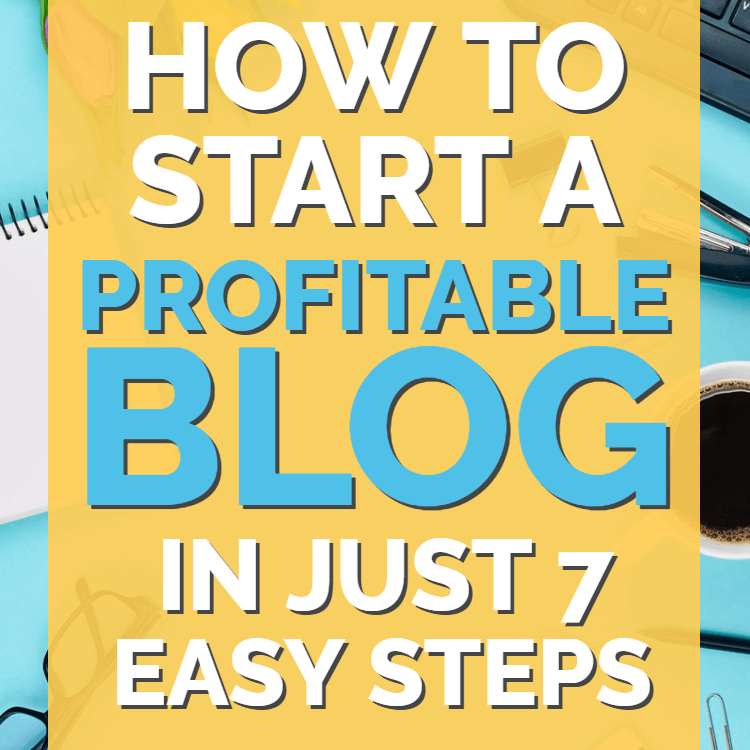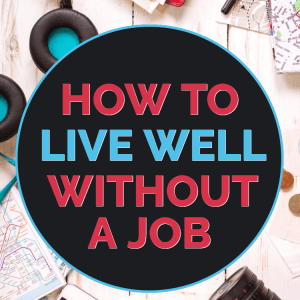Contents
“I hate my job”.
You’d be surprised how often I’ve heard that phrase over the years. I’ve even been known to utter it myself a few times.
When you consider just how long we spend at work and yet how necessary a paid job is for most of us, it’s not hard to see why working at a job you hate can be such a demoralizing situation.
So what should you do when you find yourself in a situation where you hate your job?
Consider Why You Hate It
I must admit that once or twice I’ve changed jobs – only to find that my new role was just as bad (if not worse) than the job I’ve just moved from. After this happened a few times I came to the realization that it’s important to consider wy you hate your job.
Ask many people what they hate about their job and they’ll say “everything”. But on deeper questioning it turns out that’s almost never true. You might hate your boss. You might hate your salary. You might hate the hours that you work or the new role you’ve been given or the increased workload that’s been dumped on you.
But on the flipside you might have a deep affection for your peers, you might love the location of your job and you might get a deep sense of satisfaction from your efforts.
You see, if you want to avoid jumping “out of the frying pan and into the fire” it’s important to spend some time really thinking about what you really hat about your job. Only by truly understanding how you feel can you hope to make lasting, positive change.
The simplest way to do this is to take a piece of paper and a pen. Draw a line down the middle of the page and label the two columns and “love” and “hate”. Then brainstorm everything you can about your job and categorize them appropriately.
Doing so will not only help to highlight all the positives about your job but also it’ll hopfully provide you with some guidance about the areas you need to change.
Examine The Alternatives
After your careful analysis you’ll be in a better place to examine alternative jobs. Whether that’s doing a similar job for a different employer or whether that’s a whole new change of career will depend almost entirely on the results of your analysis.
And remember that you don’t have to jump ship straight away. There are almost certainty things about your current job that you quite enjoy – even if it’s just a work colleague you get on well with – so try focusing your time at work on these positives while you brush up your resume, put the feelers out and keep an eye on upcoming vacancies that may suit you.
Consider Coming Clean With Your Boss
Depending on your boss, it may be worth scheduling a meeting with him or her to discuss your feelings. It may turn out that your boss values your contribution more than you realize and that a little positive encouragement may make you feel a whole lot better.
It’s possible that they may also be able to make some changes to help accommodate your situation. If this is possible then it can be a lot easier than actually going out and finding a new job.
On the flip side they might treat your concerns with contempt. They might belittle you or gloss over the issues without seemingly taking them to heart. In these cases it can be a clear indication that looking for a new job may well be the best possible solution.
Start A Side Hustle
Whether you start a blog, create a product or do some freelance writing, I believe that side hustles are now more important than ever before. Think of them as insurance for your career.
If I crash my car, my auto insurance will repair or replace my car for me; I won’t be carless for long.
Having a side hustle can not only make life more exciting but it can also provide additional funds for you. And if you end up quitting your job – or losing it through no fault of your own – at least you’ll still have some form on income each month.
And let’s not forget that a surprising number of side hustles can actually turn into full-time businesses with enough effort meaning you won’t need to worry about working for someone else ever again.
Bleed It For All It’s Worth
Very few people can get annoyed at their job one day and land a new one the next day. So in all honesty there’s likely to be a transition phase. You may well find yourself treading water at your current employer for some weeks or even months until the right vacancy arises.
If this is the case – and you’ve made the decision to leave as soon as possible – then it makes sense to try and bleed it for all it’s worth. By this I mean trying to extract as much benefit as you possibly can before making your exit.
For example consider requesting a pay raise (if you get declined, who cares?), working plenty of overtime to rack up some extra funds or even cancelling any vacations booked so that you’re owed extra wages when you finally leave.
When I left one of my jobs I was owned so much vacation time that when it came to resigning I told them I could either leave that very same day and use up my outstanding vacation as my notice period or I could work my notice but expected to be paid for the vacation time I was owed. I ended up getting paid for an extra two weeks of vacation time that came in very handy when I left.
Additionally, consider attending any courses or training sessions available as well as taking on extra responsibilities if you think they will make you more employable in the future. Base your decisions on the job vacancies you’re seeing and aim to plug any holes you can at your current employer.
Immediately Cut Unnecessary Expenses
The flip side of getting as much as possible from your current employer is to consider cutting your personal expenses. Combining the two principles will help you save far more money as an emergency fund.
So while I’d caution you against quitting your job without having another to go to, having some extra funds in your account can make quitting far easier and less stressful.
To give you an example, one job that I quit required only a two week notice period instead of the standard month. I told my new employer that I could start in a month (which they were perfectly happy with) and I took two weeks off between jobs to “decompress” and enjoy life.
I started my new job with far more energy and focus than I otherwise would have done and yet thanks to banking money for some time before quitting this two weeks of relaxation had no negative impact on my finances.
Other useful resources: How to Find the Courage to Quit a Job Your Hate
Have you ever had a job that you hated? How did you manage to stick it out? What was the final straw that made you quit? Please leave a comment below…











[…] Over the years I’ve cycled from employed to self employed and back again on several occasions. Both have their strengths and weaknesses, but oe of the most heady feelings is that of actually quitting your job. The mixture of nervousness and excitement is heady stuff, and here Jefferson does a magnificent job of explaining how it really feels to quit your job. […]
[…] seem to spend half our lives working hard to earn money to provide for the future, and the other half sabotaging ourselves by frittering it […]
[…] located the common themes, the next step is to try and eliminate them. Consider changing that awful job or seeing less of that depressing friend. Whatever it takes to stop yourself feeling like you need […]